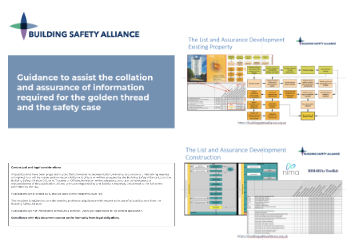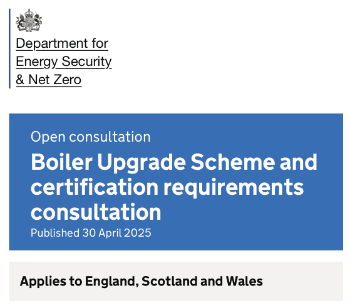Exceptional circumstances
Exceptional circumstances refer to events outside of the control of a particular party, also referred to a extenuating circumstances and extraordinary circumstances or sometimes unexpected exceptional circumstances. Although in general the latter two are used to describe events that negatively impact a contract or project, exceptional circumstances is most often used in the same context but could also be used to describe positive impacts on a construction project. For example exceptional circumstances meant the contractors were able to complete the project earlier than planned, exceptional weather allowed us to continue working into the winter months. These examples are however relatively rare and as such the description below mainly covers negative impacts of construction projects or the ability of staff to carry out their duties.
The term may be used in relation to force majeure, although also related to events beyond the reasonable control of a party, which prevent or impede their ability to perform their obligations under a contract, force majeure maybe be a more significant and contractual occurrence. Generally these cannot be event that a party could reasonably have avoided or overcome, or one attributable to the other party. The term may also be used in relation frustration in construction contracts, though again this generally has greater significance and impact because it leads to the contract being terminated without either party being considered to be in breach.
The term exceptional or extenuating circumstances tends to be used as a reasoning for a particular outcome, so rendering the conduct less serious or potentially lead to reduced damages. It is most commonly used in relation to employment but it important o note that extenuating circumstances under employment law are likely to differ from those that may be considered under a building contract.
In most cases it is a complex interpretable subject in any context. For example serious medical issues with staff maybe presented as extenuating circumstances to be considered, however within a building contract, it could be responded to that the impacts on the project may have been avoided, if other staff had been made available. Unless many staff became unavailable, due to for example a pandemic.
It is common in some cases for examples of extenuating circumstances to be given within the contract itself to avoid confusion. Here are some examples of what might be considered as extenuating circumstances, though they would have to be agreed ideally before and if not after the event.
- Medical issues (including mental health/wellbeing)
- Death of relatives
- Personal problems
- Personal or Family issues, such as divorce
- Period of self-isolation/quarantine
- Caring responsibilities and domestic difficulties
- Religious Observances
- Pregnancy related conditions
[edit] Related articles on Designing Buildings
- Breach of contract.
- Clear contracts during uncertain times.
- Compensation event.
- Concurrent delay.
- Consequential loss.
- Coronavirus and force majeure.
- Exigency.
- Extension of time.
- Force majeure.
- Frustration.
- frustration in construction contracts.
- Loss and expense.
- Liquidated damages.
- Neutral event.
- Relevant event.
- Suspension of performance.
- Termination in construction contracts.
- Variations.
Featured articles and news
Licensing construction in the UK
As the latest report and proposal to licence builders reaches Parliament.
Building Safety Alliance golden thread guidance
Extensive excel checklist of information with guidance document freely accessible.
Fair Payment Code and other payment initiatives
For fair and late payments, need to work together to add value.
Pre-planning delivery programmes and delay penalties
Proposed for housebuilders in government reform: Speeding Up Build Out.
High street health: converting a building for healthcare uses
The benefits of health centres acting as new anchor sites in the high street.
The Remarkable Pinwill Sisters: from ‘lady woodcarvers’ to professionals. Book review.
Skills gap and investment returns on apprenticeships
ECA welcomes new reports from JTL Training and The Electrotechnical Skills Partnership.
Committee report criticises UK retrofit schemes
CIOB responds to UK’s Energy Security and Net Zero Committee report.
Design and construction industry podcasts
Professional development, practice, the pandemic, platforms and podcasts. Have we missed anything?
C20 Society; Buildings at Risk List 2025
10 more buildings published with updates on the past decade of buildings featured.
Boiler Upgrade Scheme and certifications consultation
Summary of government consultation, closing 11 June 2025.
Deputy editor of AT, Tim Fraser, discusses the newly formed society with its current chair, Chris Halligan MCIAT.
Barratt Lo-E passivhaus standard homes planned enmasse
With an initial 728 Lo-E homes across two sites and many more planned for the future.
Government urged to uphold Warm Homes commitment
ECA and industry bodies write to Government concerning its 13.2 billion Warm Homes manifesto commitment.
From project managers to rising stars, sustainability pioneers and more.
Places of Worship in Britain and Ireland, 1929-1990. Book review.






















